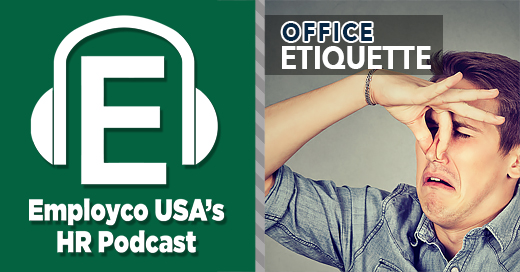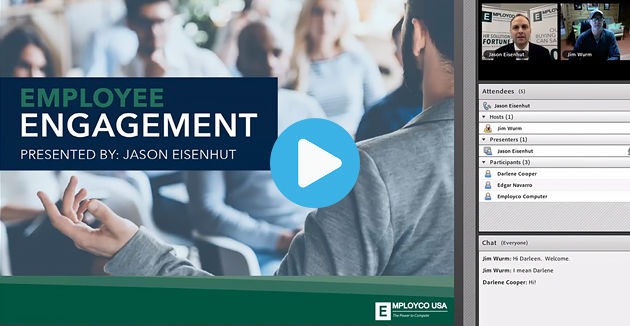Employment trends expert explains changing regulations regarding internships
 Research shows that students who have internships are more likely to find employment following graduation than students who do not. However, in recent years, controversy over unpaid internships has meant that some companies have decided to change their policy regarding student interns.
Research shows that students who have internships are more likely to find employment following graduation than students who do not. However, in recent years, controversy over unpaid internships has meant that some companies have decided to change their policy regarding student interns.
But, President Trump might be reversing that trend, as new policies regarding unpaid internships will loosen up the regulations that companies formerly faced.
“Under recent provisions to the Fair Labor Standards Act, it is now legal for employers not to pay interns, provided that the intern benefits more from the working relationship than the employer does,” says Rob Wilson, employment trends expert and President of Employco USA. “It is also important that the intern does not perform any tasks or functions which would replace the efforts of any existing employees.”
In other words, says Wilson, these new provisions will make it easier for students to find internships than in previous years, while simultaneously protecting the jobs of paid workers.
“Just because an internship is labeled ‘unpaid’ does not mean that it is valueless,” says Wilson. “Nothing compares to hands-on learning, and students can vastly benefit from these positions.”
For more on this topic, please contact Rob Wilson at rwilson@thewilsoncompanies.com.
 A new survey of 2,000 employees has revealed that 100% of people say that their coworkers are annoying. Simply put: We all have a coworker that gets on our last nerve. The most annoying behaviors in the workplace include: loudness, gossip, bathroom/eating habits, and email/meeting behavior.
A new survey of 2,000 employees has revealed that 100% of people say that their coworkers are annoying. Simply put: We all have a coworker that gets on our last nerve. The most annoying behaviors in the workplace include: loudness, gossip, bathroom/eating habits, and email/meeting behavior.
 “Job switching” is a fast-moving trend which has changed the face of the American workplace.
“Job switching” is a fast-moving trend which has changed the face of the American workplace.
 Megan Chamberlin, Senior Commercial Account Manager – in this blended role, a portion of Megan’s time will focus on coordinating the workers’ compensation plans for Employco and its clients and assisting with the underwriting process prior to submission to carriers. Megan’s remaining time will focus on the ongoing management of Corporate Risk Management’s commercial clients, retention of new and renewal clients, and maintaining a partnership with the producers to support business development activities while upholding high service standards.
Megan Chamberlin, Senior Commercial Account Manager – in this blended role, a portion of Megan’s time will focus on coordinating the workers’ compensation plans for Employco and its clients and assisting with the underwriting process prior to submission to carriers. Megan’s remaining time will focus on the ongoing management of Corporate Risk Management’s commercial clients, retention of new and renewal clients, and maintaining a partnership with the producers to support business development activities while upholding high service standards. A
A 
